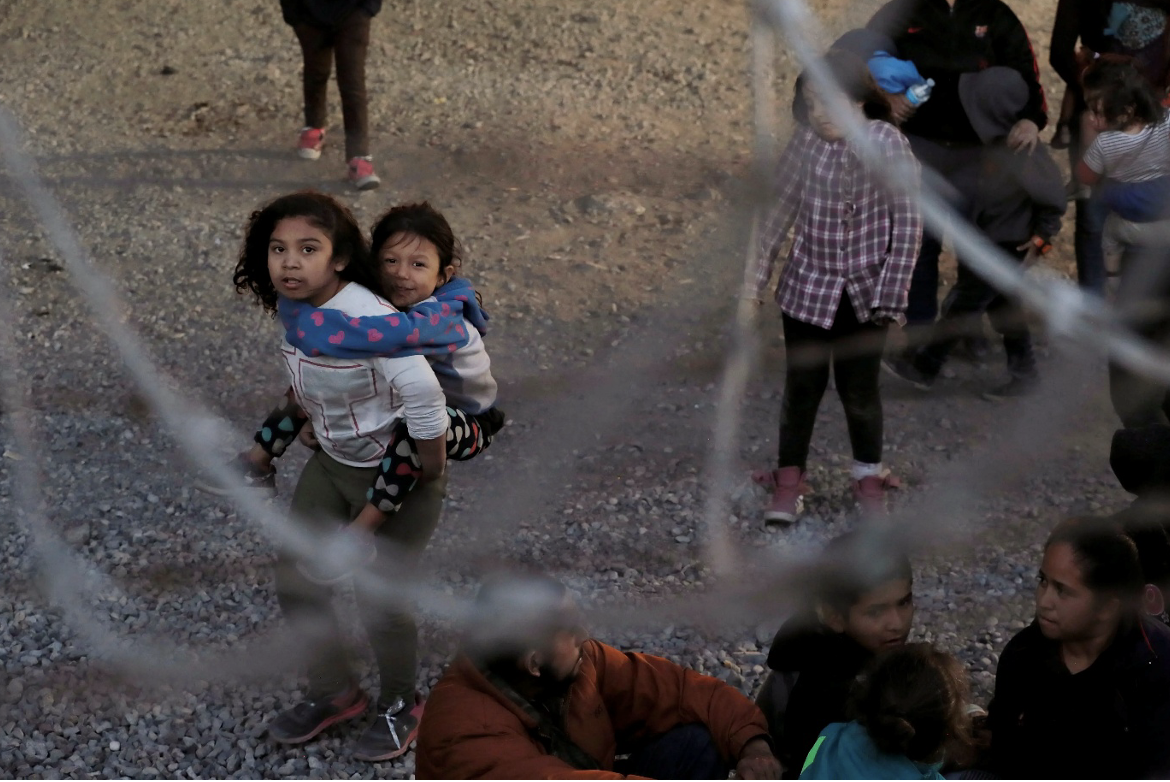Jesus and Politics
Today I’ve been thinking about Christian nationalism. The ideas of us being made forcibly – through direct or indirect government policy – into ‘one religion under God’ or ‘one nation under (the Christian) God’ are not only offensive, they’re ludicrous.

To be a politician and a Christian, particularly as part of an incumbent government, should be uncomfortable. To be a follower of Jesus is to prioritise ‘the little, the least, and the lost,’ the ‘nuisances and nobodies,’ and the ones being excluded. Whereas to be a political leader one should prioritise the best outcome for the most people, in most circumstances, most of the time.
Often there can be discomfort and friction between these priorities.
Of course there are many Christians who seek and serve in political office. And I commend them for it and try to support them. Indeed I commend anyone who stands for political office for the purpose of the common good. But I still think to follow Jesus’ ethics will in time, if not immediately, lead one into conflict with normative practices – like immigration policies that favour the wealthy (like any policy that favours the wealthy), like cost-cutting services where the poor are disproportionately affected, etcetera, etcetera.
I don’t think Jesus was offering solutions to the big problems of his day or ours. His politics were local, and of the heart. They weren’t about immigration and balanced budgets (like our modern-day governments’ concerns), but about sharing with our neighbours, giving up some of what we have, going out of our way for the suffering and excluded. They were about loss; where loss was not seen as necessarily a negative thing.
Today I’ve been thinking about Christian nationalism. We have some who ascribe to this philosophy in New Zealand, but not many, and most of those (like Destiny Church) are on the fringe. The statisticians tell us that since 1991 when census records showed 68.5% of people said they were Christian, the number has fallen to 32%, while the number of those who say they have no religion or a different religion has grown to 51.5%. In the numbers game, Christians are losing. As is Destiny.
More importantly, as leaders of the different faiths in Aotearoa tell us, we kiwis have some shared values around compassion, dignity, and peaceful coexistence, regardless of religion, culture, or first-language. The ideas of us being made forcibly – through direct or indirect government policy – into ‘one religion under God’ or ‘one nation under (the Christian) God’ are not only offensive, they’re ludicrous.
However, as I read about a particularly well-reported memorial service in the US this week, Christian Nationalism is alive and well in that land of the sometimes brave and no longer so free. I don’t want to comment on the service, murder, victim, and now his veneration – which are all part of the increasingly violent actions and rhetoric causing a disintegration in the common good of America. I would just ask WWJD (what would Jesus do)?
And today my answer, with a nod to the prophet Micah, is this:
‘Act justly.’ Which for Jesus meant siding with the outsider.
‘Love mercy.’ Which for Jesus meant forgiving harm done to yourself.
‘Walk humbly.’ Which for Jesus meant knowing your weaknesses and unpretentiously accepting help from others.
None of which I suspect you’d find in the standard politician’s handbook.
At that memorial service, the victim’s widow forgiving the murderer was the only thing that seemed at all remotely Christian. I can only hope her forgiveness can extend to prevent the unchristian American penchant for murdering the murderer in turn.
Glynn

(Image: A young girl carries a child inside a U.S. Customs and Border Protection holding area in El Paso, Texas. Lucas Jackson/Reuters, Council of Foreign Relations website)




